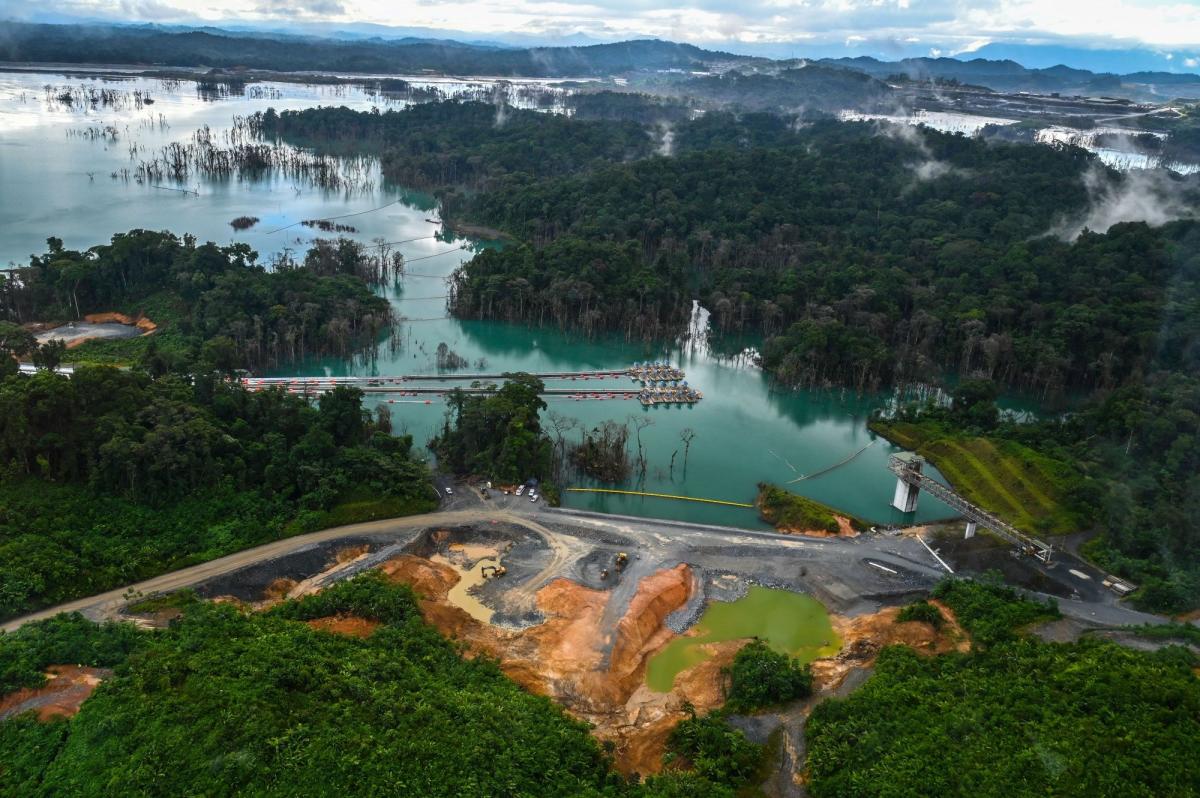
(Bloomberg) — Panama will close commercial operations of a massive copper mine operated by Canadian company First Quantum Minerals Ltd. after tax talks broke down, in a rare move among Latin American countries.
Most Read from Bloomberg
“The government will seek the best options to guarantee the sustainable functioning of the mine under a fair contract,” President Laurentino Cortizo said during an address to the nation late Thursday. He’s instructed the commerce ministry to preserve the Cobre Panamá copper mine and take charge of maintenance.
Cortizo’s move comes after his administration and First Quantum failed to reach a deal on new tax arrangements by Wednesday night’s deadline. It could have implications for the global copper market and Panama’s economy, and comes as other countries look to raise revenue for social spending while boosting investments in the raw materials crucial to weaning the world off fossil fuels.
The Central American government is working with a financial adviser to identify potential partners for the Cobre Panamá copper mine, Bloomberg reported earlier. The government has a few names in mind and they’re likely to be large mining companies, said people familiar with the matter, who asked not to be named because the information is private.
In 2017, First Quantum boosted its interest in the Panamanian company that holds the mine’s concession to 90%. Last year, Panama’s Supreme Court ratified a lower court’s ruling that the current concession was unconstitutional.
First Quantum’s shares plunged 15% in Toronto on Thursday, the biggest decline since March 2020.
One of the sticking points between the government and the company appears to have been over a minimum $375 million contribution, with First Quantum pushing for an exception in the case of much lower metal prices and profit, according to a letter First Quantum sent to employees at the Cobre mine seen by Bloomberg.
Cortizo said on Thursday he had ordered the environment minister to keep environmental oversight of the mine and the labor ministry to guarantee the jobs of mine workers.
Shutting the mine may support copper prices at a time when concerns about slower economic growth hitting demand have pressured the market. The Cobre mine can produce 300,000 metric tons a year at full capacity, accounting for about 1.5% of global production of the metal that’s increasingly being used for renewable-energy projects.
Foreign Investment
The move may also impact the Panamanian economy given the copper mine has been the biggest foreign investment for the country. It cost more to build than an expansion of the country’s famed canal and supports 40,000 jobs.
Policies that hint of nationalization of natural-resource operations have been fairly rare in Latin America’s recent past.
One of the last major asset seizures was in 2012 when then-Argentina President Cristina Fernandez de Kirchner’s government expropriated 51% of oil driller YPF SA from Repsol SA. Venezuela’s former leader, the late Hugo Chavez, seized energy, farming and mineral assets including the Las Cristinas gold reserve in 2011. Codelco, Chile’s copper mining giant, was formed by the nationalization of US-owned mines in the 1970s.
More recently, Mexican President Andres Manuel Lopez Obrador declared lithium as property of the state, raising questions for Chinese firm Ganfeng Lithium Group Co.’s efforts to build Mexico’s first lithium mine. In the past year, politicians in both Peru and Chile have debated a bigger role for the state as rising prices and heightened scrutiny of social and environment issues fanned resource nationalism.
–With assistance from Andrew Janes.
(Updates with details throughout.)
Most Read from Bloomberg Businessweek
©2022 Bloomberg L.P.




